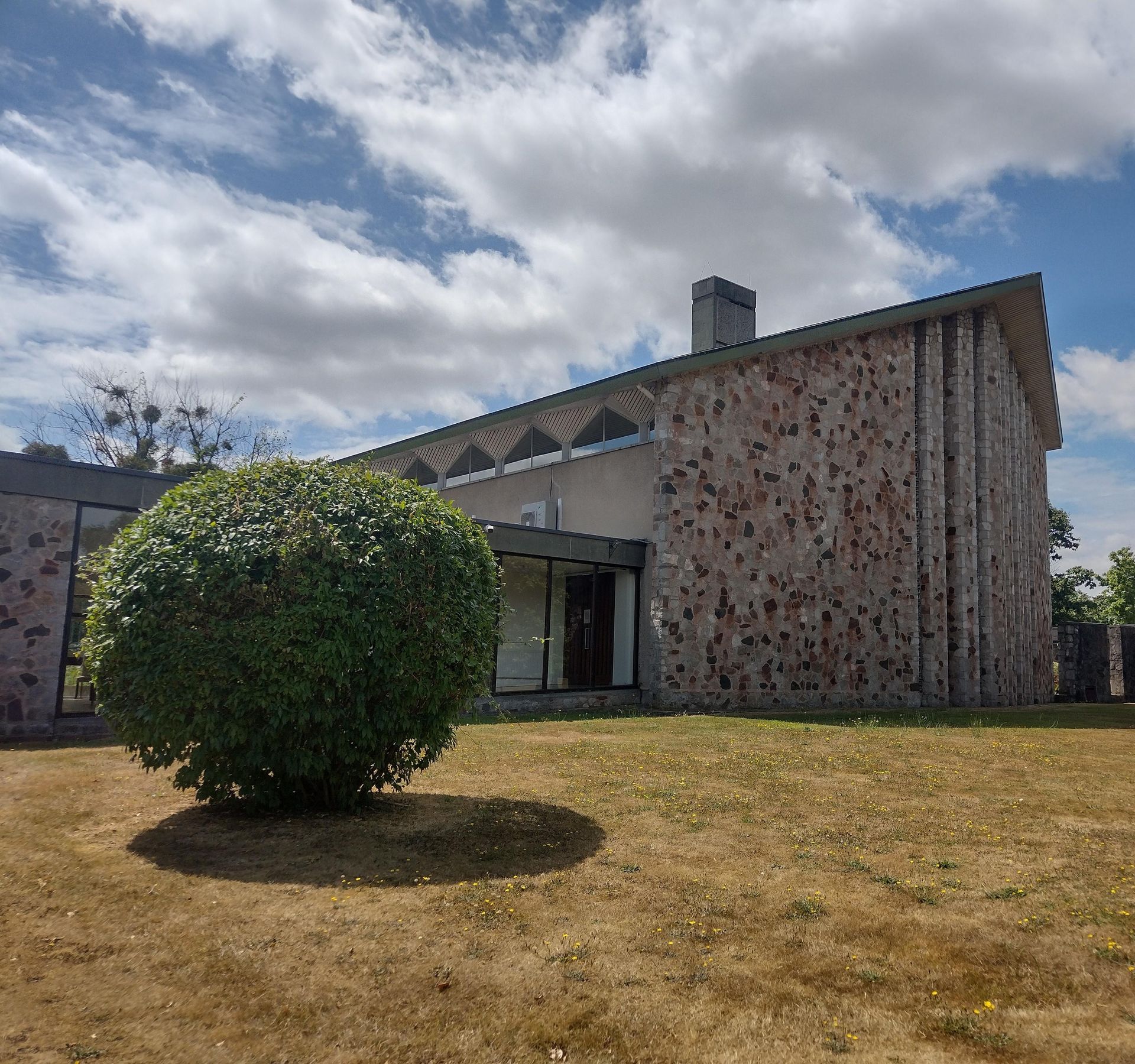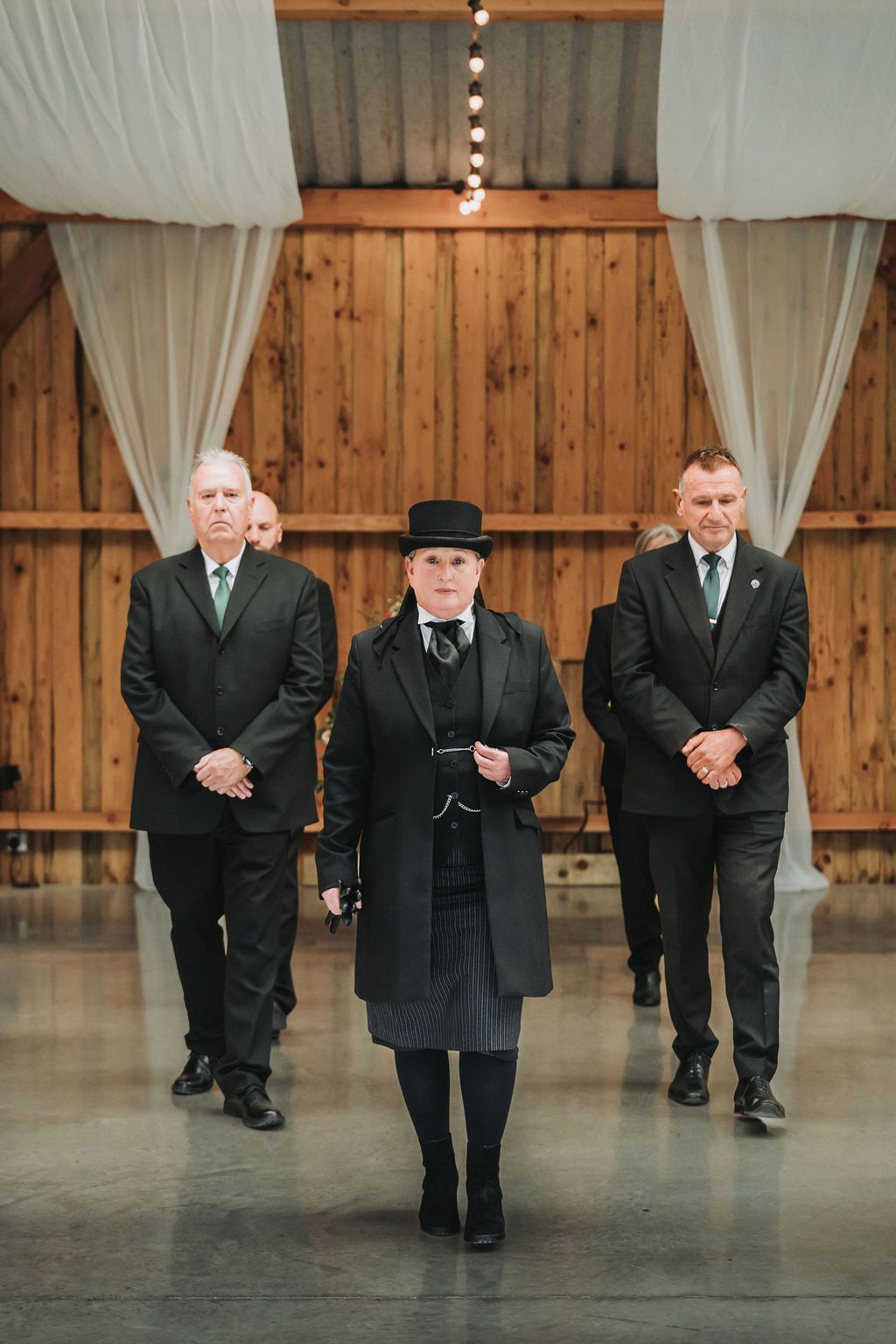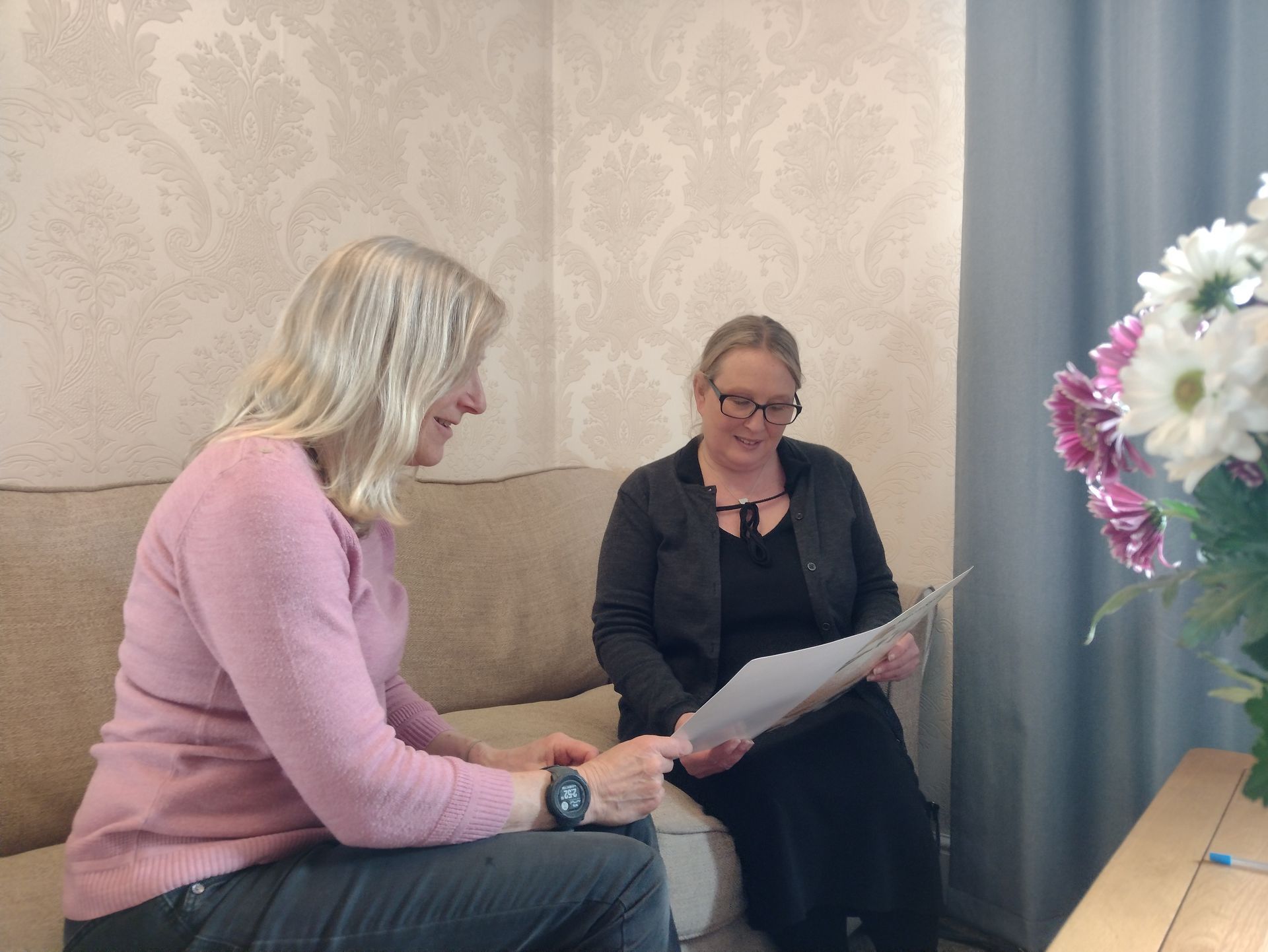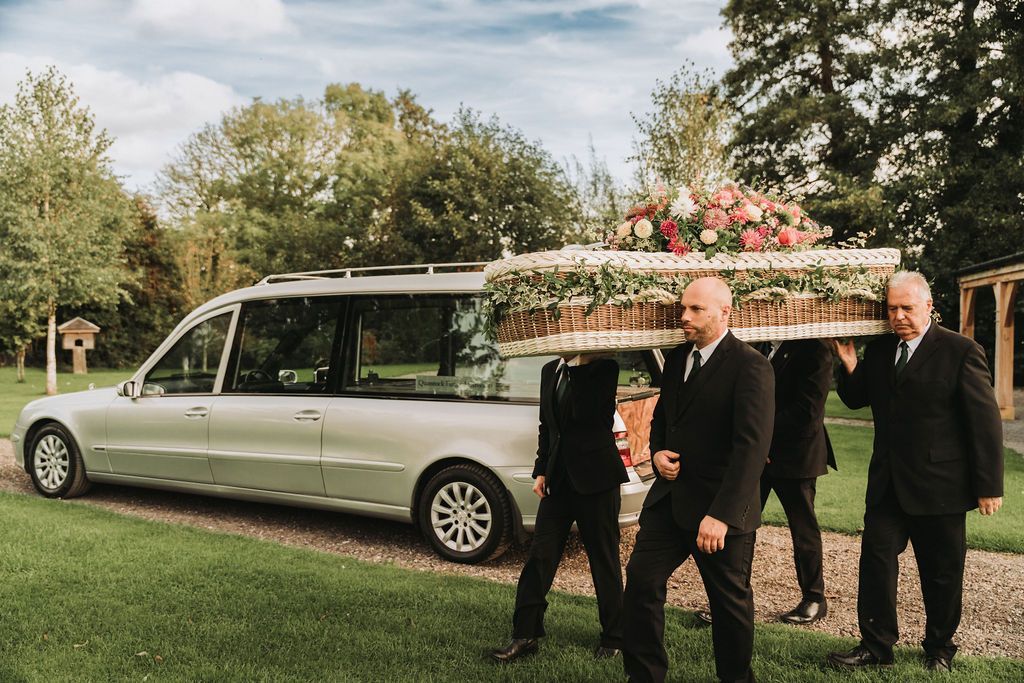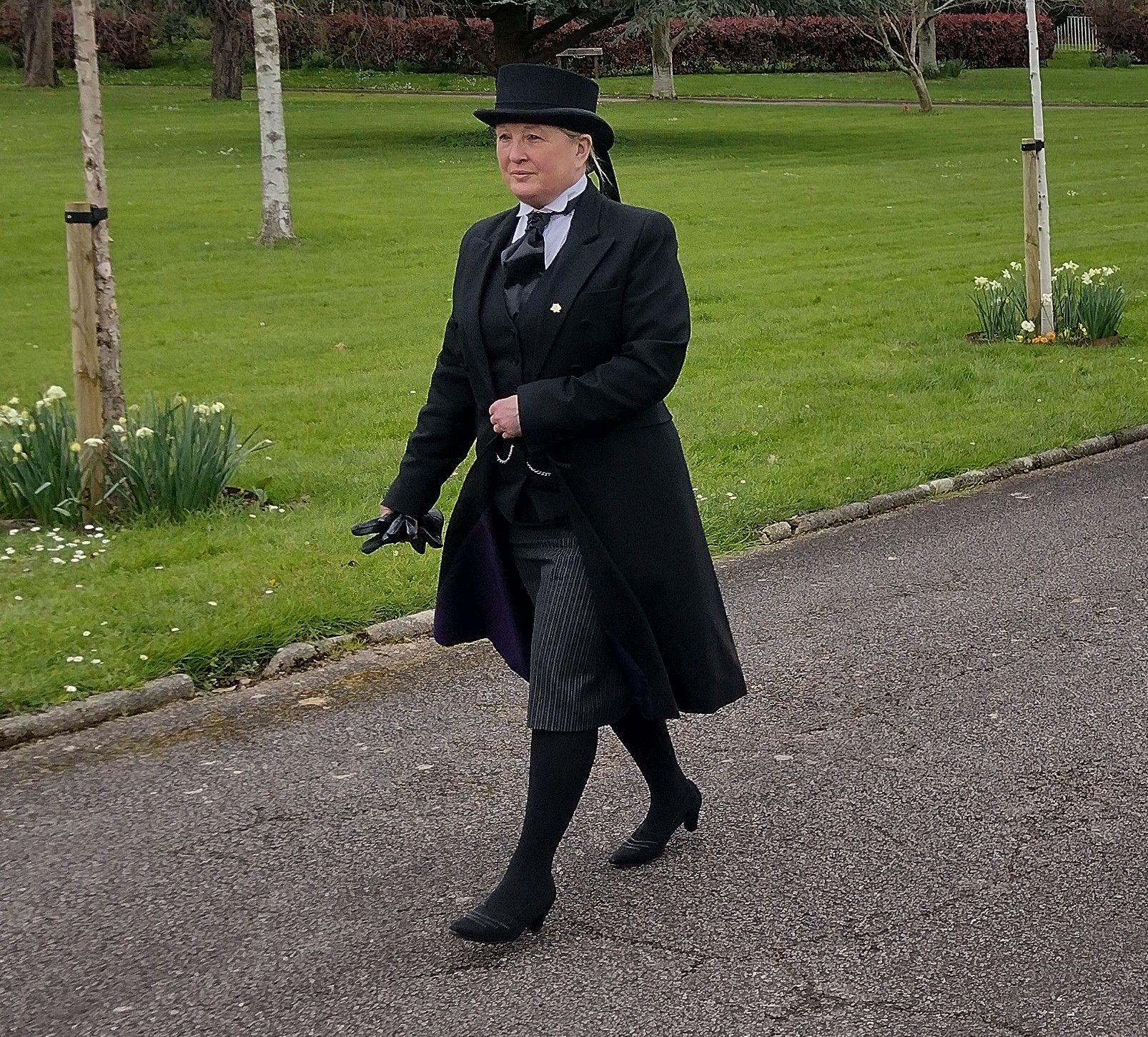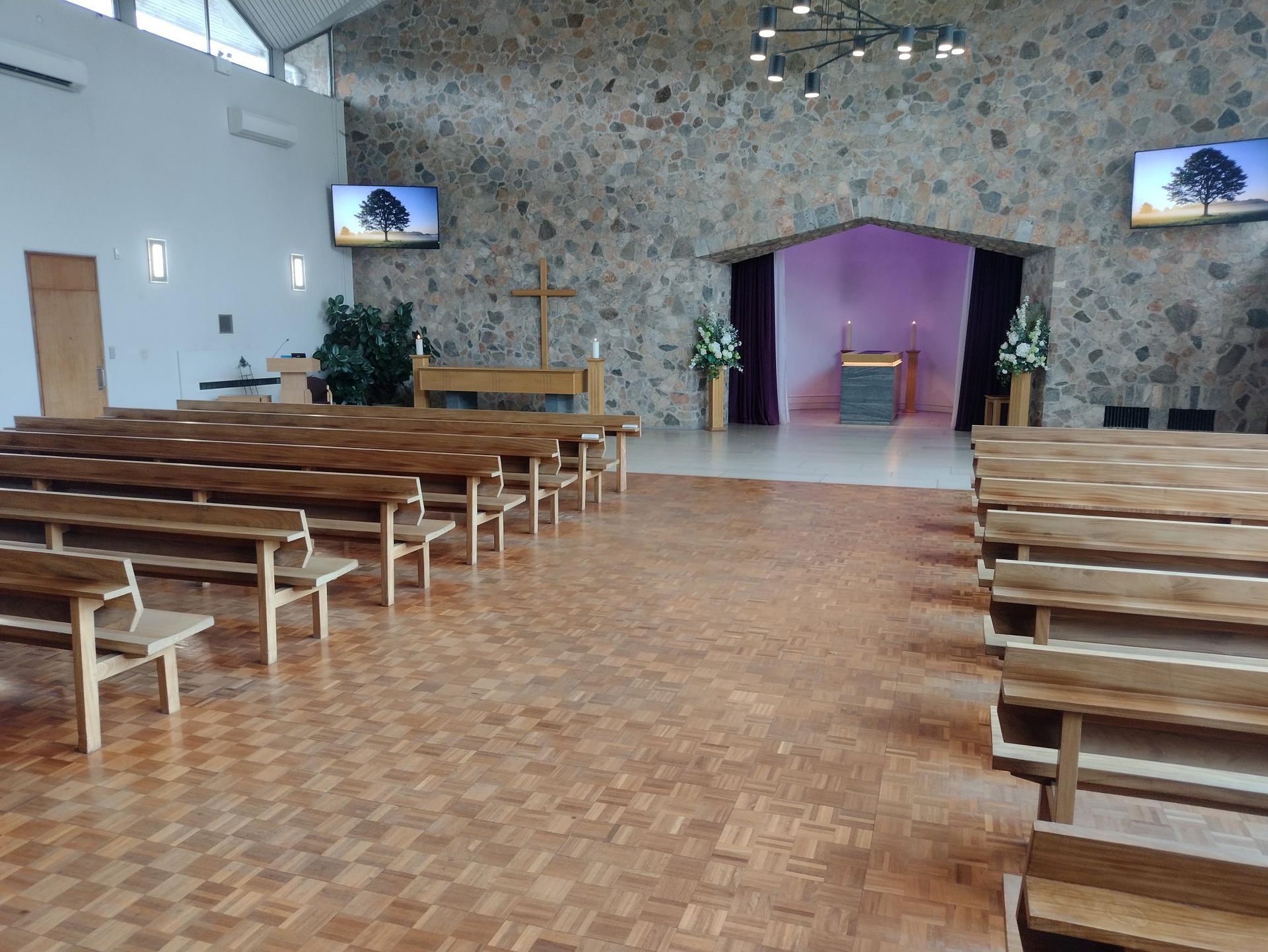7 Reasons Why a Horse-Drawn Funeral Is the Best Way to Say Goodbye
Attending a funeral can be one of the most challenging experiences in life, presenting a complex mix of emotions and requiring a level of mental preparation many might not anticipate. This article aims to guide you through navigating this difficult period with dignity and strength, focusing on how to gear up for the day mentally and emotionally, maintain your composure during the ceremony and support yourself and others through the grieving process.
Understanding the Emotional Spectrum
The initial step towards preparing for a funeral is to acknowledge and accept the wide range of emotions that may surface. Grief can manifest in various forms, from profound sadness to nostalgia, and sometimes even relief, depending on the circumstances leading up to the loss. Recognising these emotions as natural and valid can significantly aid in managing them more effectively.
Mental and Emotional Preparation
Mental readiness is vital for facing the day with resilience. It’s beneficial to spend time in introspection, reminiscing about the moments shared with the deceased. This can provide a sense of connection and comfort. In addition, setting realistic expectations for the day is important. Understand that funerals are inherently emotional, and it's natural to feel vulnerable.
Practical Preparations
On a practical level, there are several considerations to keep in mind. Dressing appropriately with respect for the family’s wishes and the nature of the funeral is important. If you have a specific role, such as delivering a eulogy or a reading, practice beforehand to build confidence and ensure a smooth contribution to the ceremony.
Seeking and Offering Support
A strong support network is indispensable during such times. Whether it’s close family, friends, or professional counselling, sharing your feelings can be incredibly therapeutic. Offering your support to others who are also grieving can foster a sense of community and shared strength.
The Day of the Funeral
The day itself will undoubtedly be emotionally charged. Allowing yourself to fully participate in and experience the proceedings is a part of the healing process. If you are concerned about maintaining emotional control, focusing on measured breathing can help steady your nerves.
Self-Care
The importance of self-care during this period cannot be overstated. Basic needs such as nutrition, hydration, and rest can easily be neglected but are vital for maintaining physical and emotional well-being. Extend yourself the same compassion and patience you would offer a friend, understanding that grief has no set timeline or ‘correct’ expression.
After the Ceremony
The time following the funeral can often feel just as challenging as the day itself. Continuing to rely on your support system and engaging in activities that provide solace and reflection are key ingredients in the healing journey. It’s also perfectly acceptable to seek professional help if you find the weight of your grief to be overwhelming.
Long-Term Coping Mechanisms
IN the long run, finding ways to honour the memory of the deceased can be a powerful coping mechanism. This might involve participating in activities they enjoyed, dedicating a personal memorial, or simply sharing stories and memories with others. These acts can serve as a tribute and a personal method of healing.
Community and Shared Grieving
Grief can also be a collective experience. Engaging with others who are mourning, through support groups or community services, can provide a sense of belonging and understanding. Shared experiences can lead to shared healing.
Navigating Grief with Grace
Grief is a deeply personal journey, and there's no one-size-fits-all way to navigate it. However, by preparing mentally and emotionally for the funeral, leaning on and offering support, and practising self-care, you can move through this. With a measure of grace and resilience. The funeral, while a goodbye, is also an opportunity to celebrate the life of your loved one, to reflect on the joy they brought into your lives, and to begin the process of healing.
Conclusion
Attending a funeral is a profound experience that requires emotional and mental fortitude. By understanding your emotions, preparing practically and mentally, seeking and offering support, and engaging in self-care, you can face the day with strength. Remember, it's OK to lean on others, and it's OK to grieve in your own way in time. The journey through grief is a personal one, and there's no right way to navigate it. Honour your loved one, take care of yourself, and allow the healing process to unfold naturally.
Quantock Funeral Services, nestled in the heart of Somerset with branches in Taunton and Wellington, stands as a beacon of family operated, independent funeral care, offering comprehensive services during sensitive times period. Our expertise spans the full spectrum of funeral planning tasks, from selecting coffins to the final farewell, ensuring every detail is attended to with dignity.
Corrine is the heart of our operation, bringing unparalleled expertise, with more than a decade and a half in the industry count, making us the best place in Somerset for bespoke funeral services. Whether you're considering a traditional interment or a more unique commemoration like a woodland burial, we adapt to your wishes, also providing the option of Golden Charter plans for forward thinkers. Our straightforward pricing allows families to know exactly what to expect, with an interest free solution for any additional outlays, affording peace of mind in times of grief.
For more information about our firm or the services we provide, contact us via our website. Or give us a call in Taunton, at 01823 231859, or in Wellington, at 01823 213576.

